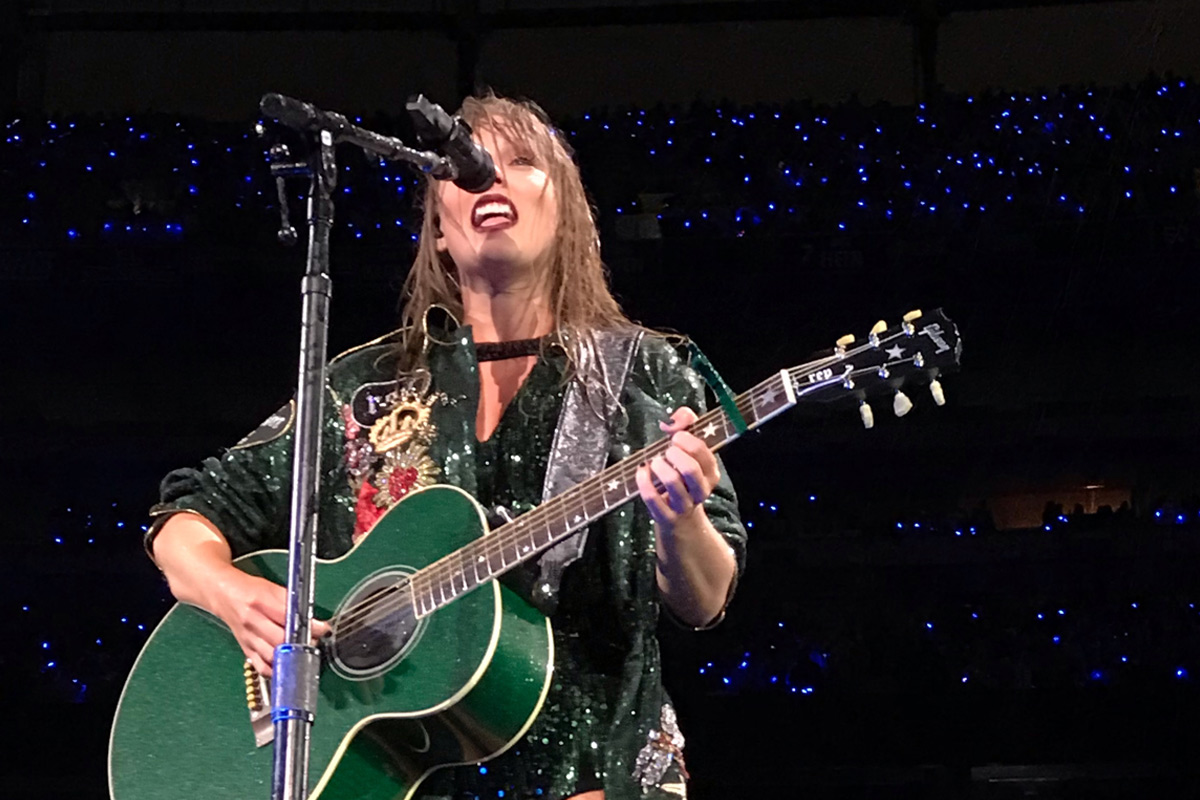A study of the youth response to the election that vaulted Donald J. Trump into the White House debunks the notion that young people are generally apathetic about national affairs.
The analysis of post-election content on three non-political websites frequented by youth nonetheless delivers a mixed message about the prospects for healing a country that is deeply politically polarized, says Teachers College co-author Ioana Literat, Assistant Professor of Communication, Media & Learning Technologies Design.

FRIENDLY SPACES Literat believes youth may be more willing to hear opposing views from peers with whom they share interests beyond politics.
On the one hand, says Literat, the study, Youth Online Political Expression in Non-Political Spaces, which she co-authored with Neta Kligler-Vilenchik, Assistant Professor of Communication and Journalism at the Hebrew University of Jerusalem, and published this summer in Learning Media and Technology, demonstrates “that civic engagement is happening” in digital spaces. Discourse on the sites in the two weeks following the 2016 general election showed American youth joining the national conversation launched by Trump’s unexpected victory over Democrat Hillary Clinton. That trend has since intensified: According to statistics cited by The Atlantic.com, while early voting across every age group increased in the most recent mid-term elections compared with the 2014 mid-terms, the surge was by far the most pronounced among voters ages 18 to 29, who also represent an increased share of the overall electorate.
On a less positive note, the project also exposed a political schism among young people that in some respects mirrors the divide the Trump candidacy and presidency has created in the adult world.
Literat, however, draws encouragement from indications that youth may be more willing to hear opposing views from peers with whom they share interests beyond politics.
“These are very friendly spaces where young people get together around shared interests,” she explains. “If they have that in common, then they have an investment in the community. One may be on the far right and the other on the far left. But if they are both ‘Pokemon’ fans then they have something in common. It’s a platform that I think contributes to people not being as nasty as they might be under other circumstances.”
Literat and Kligler-Vilenchik audited more than 1,100 “digital artifacts” and 14,200 comments posted on Scratch, Archive of Our Own (AO3) and hitRECord from November 8th-16th, 2016.
AO3 encourages young people to write and share fanfiction; hitRECord offers a platform for the collaborative creation of audio, video, written and text-driven content; and Scratch, facilitated by the MIT Lifelong Kindergarten Group, promotes game programming and animation.
“Because youth are not there for politics, we felt it was interesting that politics came up in an environment where they feel comfortable,” Literat said. “It also gave us a greater cross-section of young people. Some were politically engaged; some were not politically engaged. We also saw a wider range of ideologies and political positions represented, and lots of interesting conversations around political topics.”
”One may be on the far right and the other on the far left. But if they are both ‘Pokemon’ fans then they have something in common. It’s a platform that I think contributes to people not being as nasty as they might be under other circumstances.”
—Ioana Literat
The visceral response of youth to Trump’s election spanned the political spectrum.
A digital drawing on Scratch, for instance, depicted Trump and a missile with a warning that “HE WILL END THE WORLD AND START WORLD WAR!”
Another Scratch user conversely celebrated “The Great Trump … Cheer.”
An AO3 author meanwhile folded misgivings about what a Trump presidency could mean for LGBTQ youth into a fanfiction narrative about a gay couple who happen to be hockey teammates.
“America. How can they hate us so much?” asks one teammate of the other. “I love you the same way anyone loves their significant other. Why can’t they just see that?”
Participation in the online affinity networks, Literat and Kligler-Vilenchik write, “(echoed) the characterization of the self-actualizing citizen. We found that youth related to the 2016 election through a highly personal lens, and through a focus on personal and interpersonal implications. In all three online spaces, youth perceived the election results as a life-event that happened ‘to them’ and related to it through their own life experiences.”
Of the three sites analyzed in the study, the rhetoric on Scratch, which serves as an educational platform for younger children, was both the most heavily moderated and the most ideologically balanced.
Content moderation on educational sites like Scratch, the authors say, injects questions about free speech, dialogue and participation into the equation:
“While moderation is meant to provide a safe space, it seems that, for some youth, a fear of moderation limited their civic expression, exemplifying the tensions between the protected spaces and open expression, and the difficulty of striking the right balance between the two, particularly when it comes to political expression.”
Polarizing though it may be, the Trump administration has sparked renewed interest in the role of civic engagement in a democratic society. “The question,” says Literat, who recently joined the Board of Directors of the National Association of Media Literacy Education (NAMLE), “is what can we learn that can be applied to deliberate efforts to teach civic engagement?”
The authors suggest their exploration of the youth response to the election may open a portal for schools and communities to move the conversation forward.
“Civic education programs rarely focus on connections to everyday, personal lives,” the study concludes. “Yet these young people worried not about abstract concepts of democracy. They are worried about what their future, both near and far-term, will look like – their opportunities, their relationships with those close to them, the way they (as members of social groups) will be treated by society.
“In light of these findings, we suggest that civic education programs – both in schools and other, informal contexts – should explicitly encourage young people to talk about connections between the political realm and their personal lives.”
